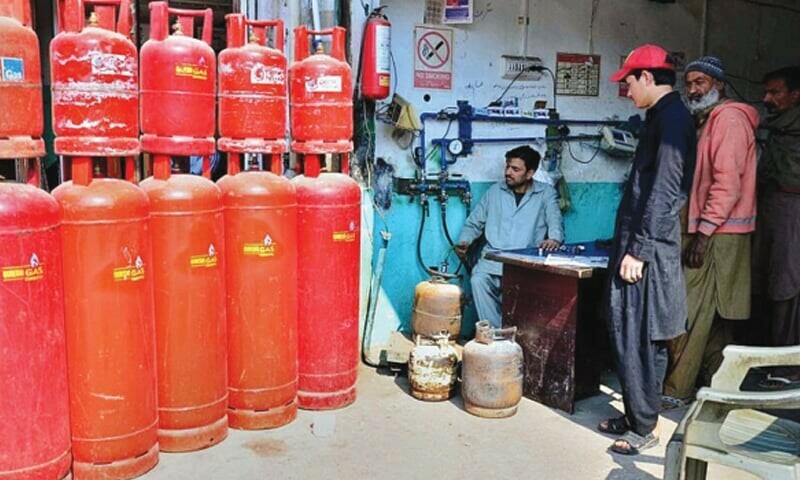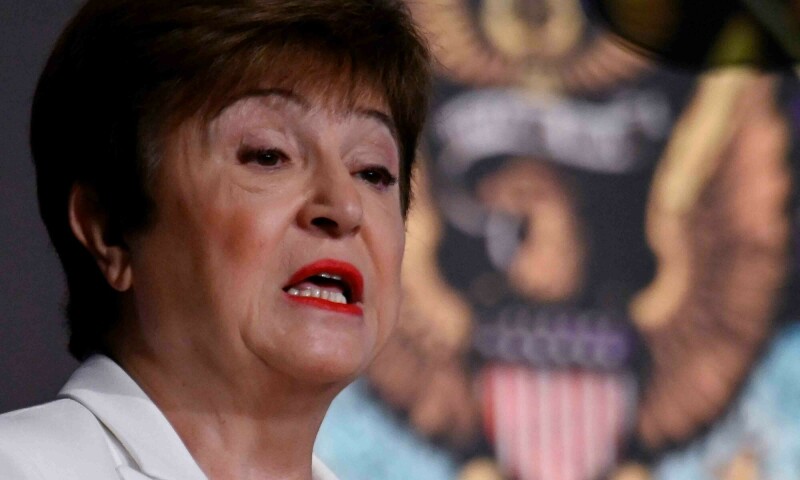The act of boycotting brands is referred to as “political consumerism.” According to the political scientists Dietlind Stolle and Michele Micheletti, political consumerism refers to the use of the market as an arena for politics, in order to change institutional or market practices found to be ethically, environmentally or politically objectionable.
Political consumerism can also be about people deliberately purchasing brands to reward them. This is referred to as “buycotting”. For example, in 2023, millennials and Gen Z, the core consumers of the American ice cream brand Ben & Jerry’s, increased their consumption of the brand due to its overt support for ‘progressive causes.’ Ben & Jerry’s ‘reward’ in this regard was that it became 2023’s leading ice cream brand in the US.
Boycotting or buycotting brands are both political acts. Recently, a once-obscure Pakistani cola brand witnessed a manifold increase in demand at the expense of two established international cola brands. Since late 2023, the established cola brands have increasingly been accused of being ‘pro-Israel.’ Their names have appeared on various ‘boycott lists’ circulated by human rights groups active in highlighting Israel’s atrocities against Palestinians in Gaza.
There is no conclusive literature/research, though, to determine to what extent boycotts or buycotts really work. And even though Ben & Jerry’s example can be viewed as a buycott success, one does wonder whether the brand could have posted even larger profits had it not just focused on embracing the politics of liberal millennials and Gen Z.
As youth-driven activism links consumption with ethics, many local alternatives are thriving by aligning themselves with progressive causes. However, the long-term impact of this on market dynamics and brand strategies remains unpredictable
But was the brand interested in profits or in just promoting certain causes? All businesses are for profit. Causes in this regard are part of ‘brand positioning.’ Ben & Jerry’s chose to position the brand as an activist brand. The brand’s marketing strategy seemed to be to engage with politically aware cosmopolitan youth who are likely to continue accumulating consumption power in the future more than the ageing ‘boomers’, and the ‘Gen Xers’ who have entered middle age.
Many giant brands did report a fall in sales in various countries due to Israel-related boycott campaigns against them. But this did not succeed in even slightly lessening the intensity of Israel’s onslaught in Gaza.
Yet, one can state that this is not the core intention of the boycott campaign. The intention is to disrupt the market share of the boycotted brands long enough for the disruption to compel major stakeholders of the brand to start exhibiting serious concern.
Interestingly, whereas it is tough for many brands to disprove their association with pro-Israel business/political interests, there are some brands that do not belong on the boycott list but have been put there.
In early 2024, an international fast-food chain (not McDonalds) in Pakistan was shocked to find its name in a boycott list that began to circulate on social media. According to the chain, its name was added in the list by a PR firm of a Pakistani fast-food brand. To this day, the chain is trying to clarify this, but to no avail. It has lost a lot of business to the local brand. Is this cheating or a clever strategy?
Israel-related brand boycotts have opened up the market for local brands. For example, local cola brands in the Muslim world have suddenly witnessed an unprecedented demand. Quality and taste are not considerations as such. Because consuming a local cola makes the consumer feel that they are part of a noble cause.
But who are these consumers? This is important to understand — especially by brands who believe they are being demonised through false information. To rebound, they need to be talking to the most active participants of the boycott campaign.
According to the American journalist Moore Terence, “Political consumers choose products based on the politics of the product than the product as material object.” This is a growing trend across the world, especially among the youth. This is also why, over the years, brands have intensified their claims of being environment-friendly, charitable, gender neutral etc. But how is a brand to address accusations of facilitating a genocide?
Apologising would mean that, indeed, the brand did facilitate the genocide. Saying that the actions of its producers in Israel have nothing to do with the intent of its producers elsewhere has drawn even more criticism. Remaining quiet hasn’t worked either because this boycott campaign has gone on for over a year now.
Brand boycotts cannot succeed if there are no alternative brands for the boycotters to choose as a replacement. Keeping in mind that major brands often buy-out competitive alternatives, and alternatives often allow this because they’re not sure for how long they can sustain the people’s interest, brands facing the boycott for over a year, may try to buy-out all major local brands that have risen.
And most local brands will be willing to sell due the kind of money that will be on offer. This is likely to happen if the boycott continues for yet another year. The Israel-related boycott campaign has witnessed moments of lull. And it is in such moments, the buy-outs may take place. Quietly.
Published in Dawn, EOS, January 12th, 2025





Leave a Reply